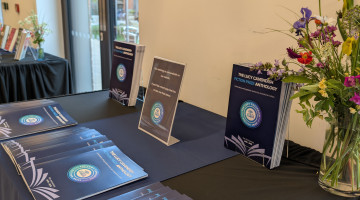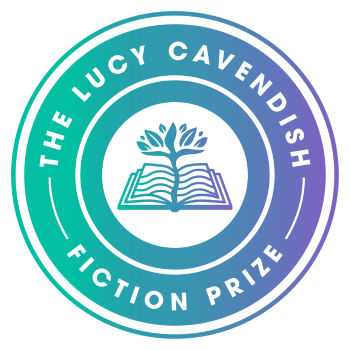 The Prize
The Prize
Founded in 2010, by Professor Janet Todd OBE and now going into its 15th year, DBE, the Lucy Cavendish Fiction Prize is renowned for championing and launching the careers of exceptional women writers. With a prestigious legacy spanning 15 years, the prize attracts a wealth of literary talent and is actively seeking submissions that seamlessly blend literary merit with captivating storytelling – the "unputdownable" novel.
The winner will receive a £1,500 prize, and all shortlisted authors will benefit from a one-on-one consultation with a literary agent at prize sponsor WME, including editorial feedback and invaluable publishing advice.
Join us in our mission to discover and support the next generation of exceptional storytellers.
Read the Fiction Prize Anthology here
The prize is now closed for entries.
Follow us on social media for the latest news and updates
Don't miss out on insightful conversations about the Lucy Cavendish Fiction Prize and discover opportunities to engage with authors, judges, and industry experts. Sign up using the buttons below.
Fiction Prize books
The Lucy Cavendish Fiction Prize has gone from strength to strength with many shortlisted and winning authors securing publishing deals and furthering their writing.
Read all the success stories here
 |
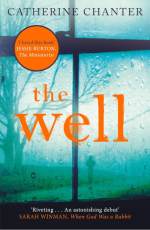 |
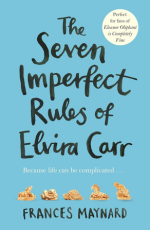 |
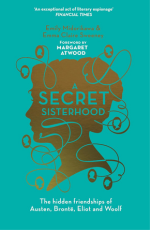 |
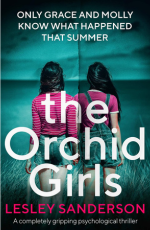 |
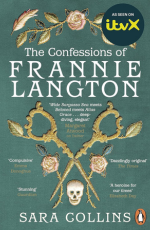 |
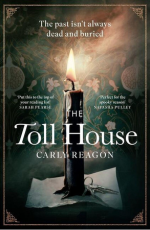 |
 |
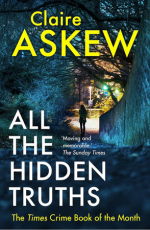 |
 |
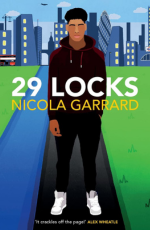 |
 |
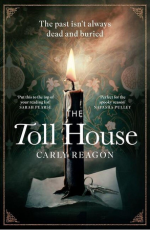 |
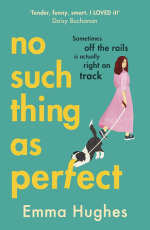 |
 |
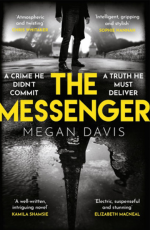 |
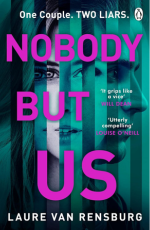 |
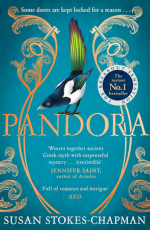 |
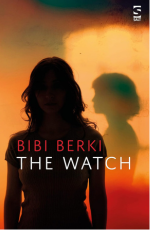 |
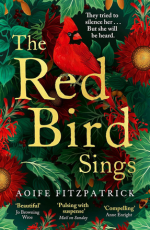 |
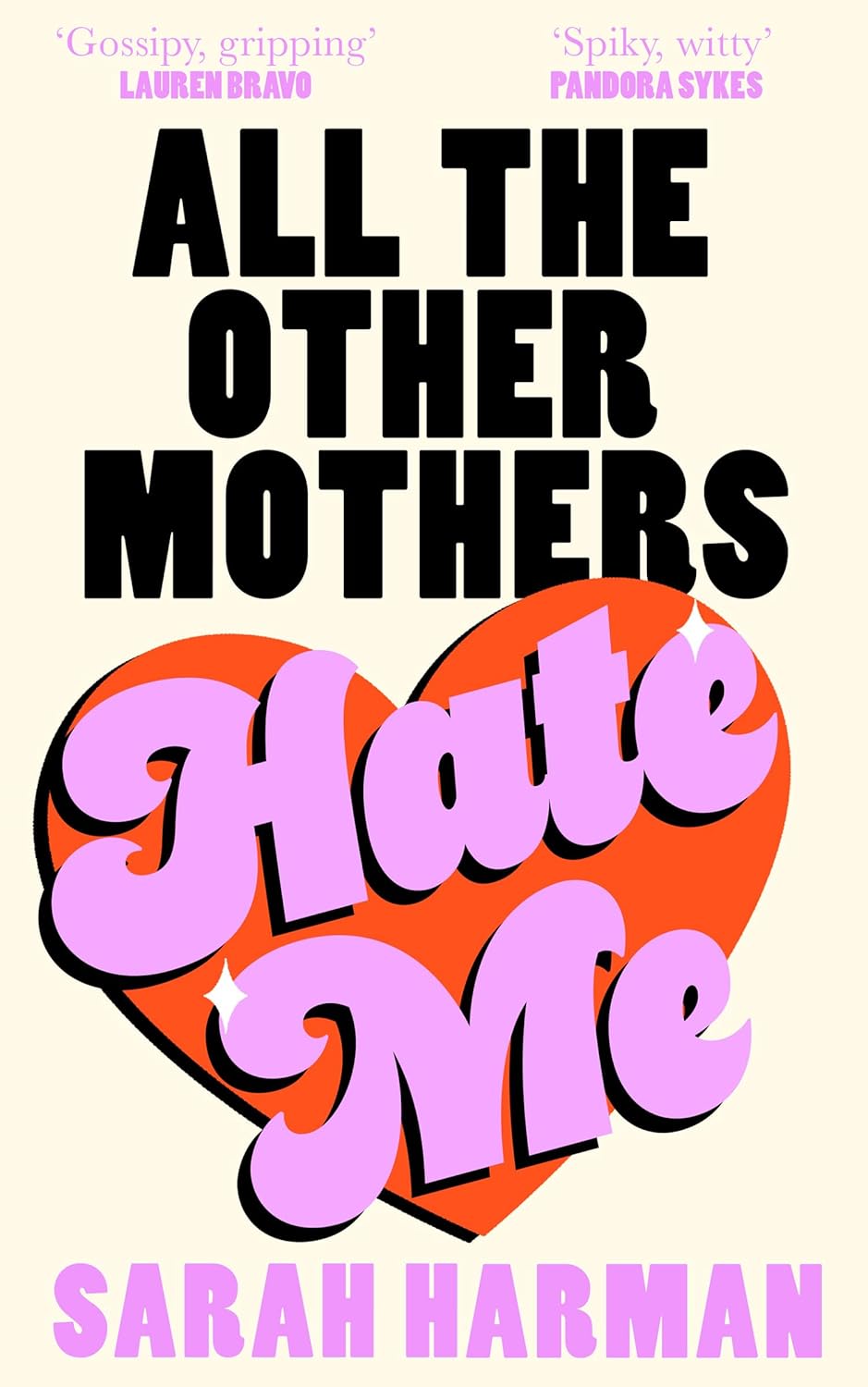 |
Formed in 1898, WME is the longest-running talent agency in the world. At its core, WME Books prides itself on operating as a boutique literary agency within a larger network that covers every area of entertainment.
They are proud to represent bestselling and award-winning authors in all genres, including commercial, upmarket, literary fiction and non-fiction, as well as a wide range of children’s books and graphic novels; their authors have won the Nobel Prize, the Pulitzer Prize, the National Book Award, the Man Booker Prize, the Baillie Gifford Prize, the National Medal of Literature, the Waterstones Prize, the British Book Awards, and more.
It’s no secret that they work with literary giants, thought-leaders, and multihyphenate celebrities. But they’re honored that for the majority of their authors, they are in partnership from the very beginning and love nurturing new writing talent — from query to deal, from first publication to full-fledged writing career. They’re delighted to help their authors find their ideal publishing partner and reach as many readers as possible — in 2021, WME books debuted on the New York Times bestseller list 91 times, 19 at #1; they closed over 1,000 publishing deals in the US, UK, and in over 50 languages around the world.

Read the Fiction Prize Anthology here
The prize is now closed for entries.






